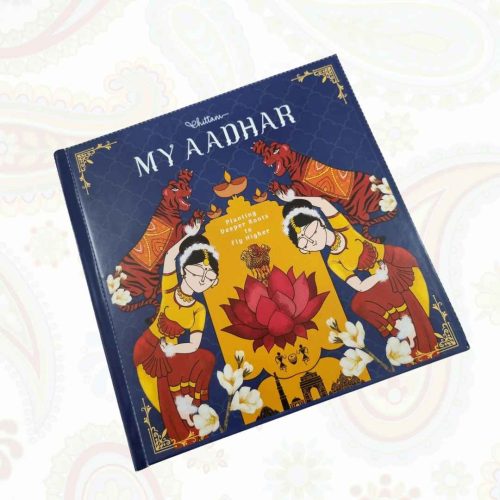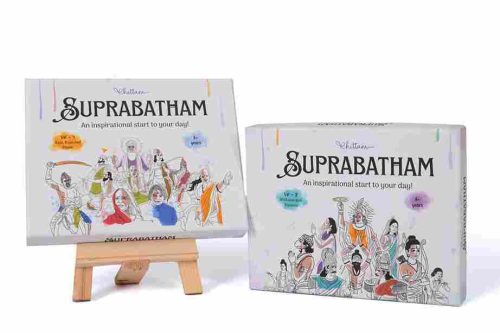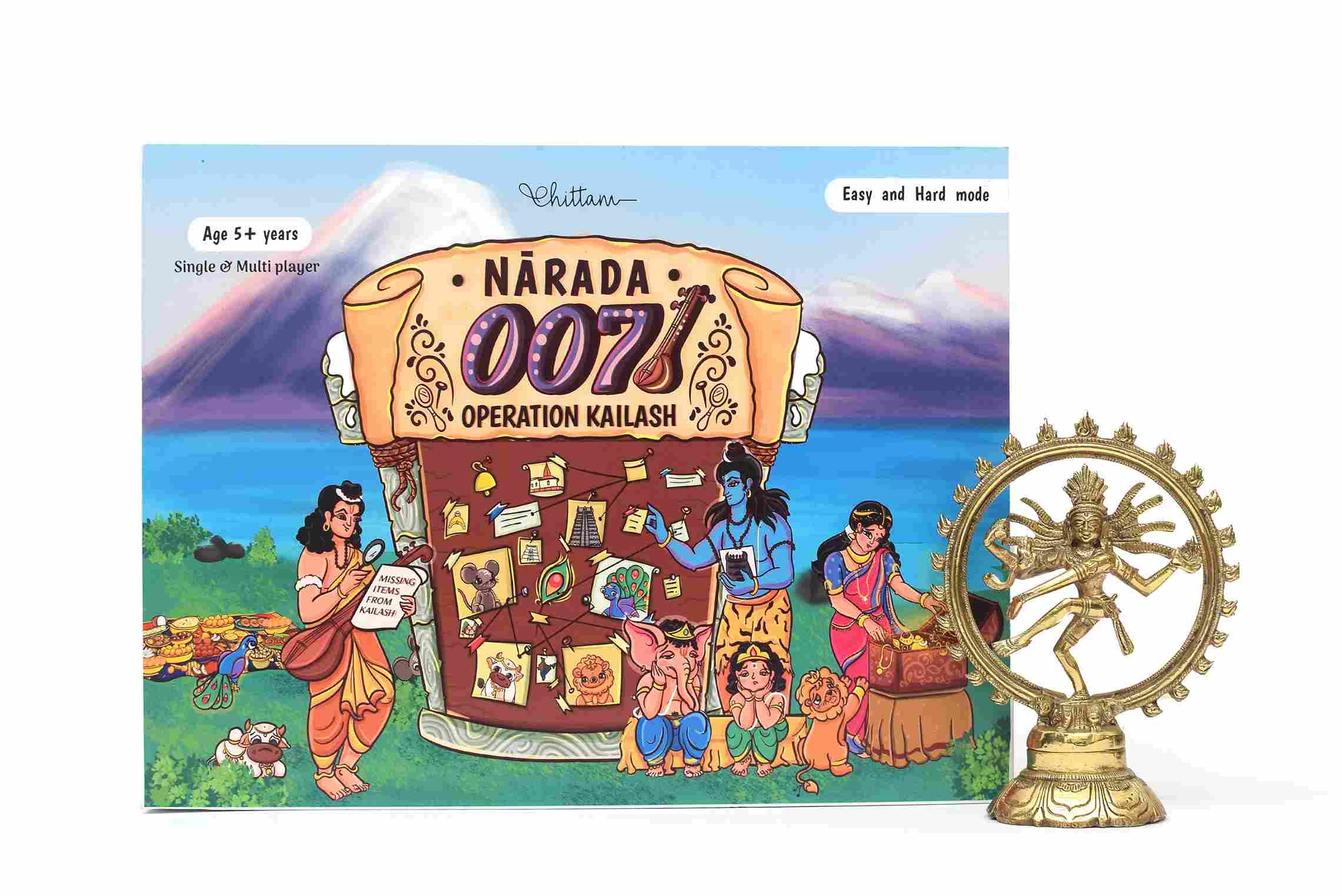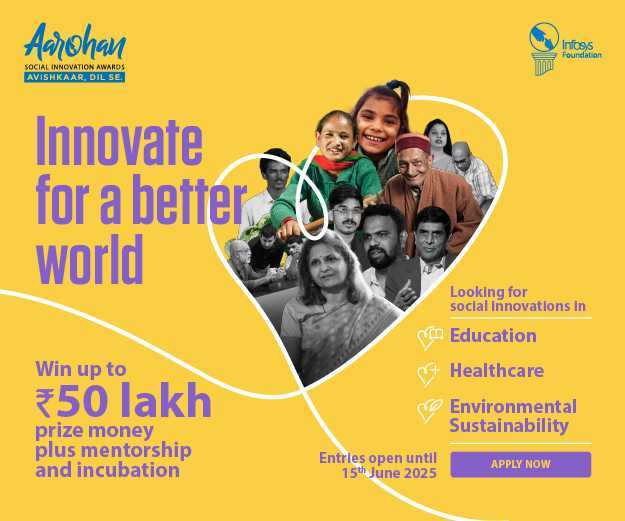With the summer holidays in full swing, and kids spending more time on screens, many parents are on the lookout for ways to mix things up. What if, instead, you could spend that time playing something fun — something that brings you closer to your child and opens up a window into India’s history, culture, and stories?
Imagine sitting with your little one and playing a game that introduces them to Indian history, culture, and mythology — while also strengthening your bond. That’s the idea behind ‘Chittam’ — using simple, thoughtful games to spark joy, reflection, and conversations around Indian stories and values.
A question that sparked a movement
No school teaches children how to navigate emotions or face challenging situations. It was this realisation — and a simple question — that led Charanya Kumar, a Chennai-based entrepreneur, to create Chittam.
In Sanskrit, chittam means the psyche or the mind. And that’s exactly what Charanya hopes to nurture: young minds that are curious, self-aware, and rooted in their identity.
“Kids today are often exposed to learning systems that show everything as black or white. There’s no space for grey,” she says. “Through Chittam’s games, I want to create that grey area — where children can think deeply, make decisions, and find their own clarity.”
Launched in January 2023, Chittam is now two and a half years old and has a collection of 17 games. From board games to storytelling kits and activity-based formats, each one brings children (and adults) closer to India’s heritage and values.
So, how do they turn stories into games?
If you ask Charanya to describe a game, she will probably pick ‘Bharath Villas’, a card game inspired by Rummy.
“In Rummy, we have four suits. Similarly, in Bharath Villas, we have four types of cards — a monument, a weave, a dance form, and a food. Each set is based on a particular Indian state. So, if you collect a monument, weave, dance, and food from the same state, you form a full set — and you win. The cards were carefully curated to reflect the culture of different states,” she explains.

The game is designed to introduce children to the cultural identity and diversity of Indian states — something they rarely encounter in textbooks. “We believe in drawing similarities across states so that children can both appreciate diversity and discover common ground,” the 39-year-old entrepreneur explains.
Another game that stands out is ‘Suprabatham’, an activity-based family kit.

“How many of us really sit and talk with our family anymore?” Charanya asks. “This game encourages exactly that. It includes stories followed by small activities for the whole family, like speaking kindly to one another, doing a chore together, or simply shifting perspectives for a day. Then, everyone comes back to share how it felt.”
There’s also My Aadhar, a set of 21 questions for kids about their homelands and culture. “These questions make children more curious about their background and culture, and that curiosity sparks learning,” she says.
Most of Charanya’s games begin with a simple concept. From there, she digs deep: reading, researching, speaking to experts, and slowly shaping each game so it’s fun, age-appropriate, and rooted in real stories.

What’s more, all Chittam games are eco-friendly. “We use paper, cardboard, and wood. The dice and pawns are made of wood, while the boards and accessories are crafted from paper and cardboard, making the games eco-friendly and durable,” Charanaya shares.
Taking play to the next level
In just two and a half years, Chittam has already collaborated with brands like Sweet Karam Coffee (a traditional snacks brand) and Zishta (makers of heritage cookware), helping gamify their inspiring brand stories.
The startup has also won angel investments and grants, including a Rs 10 lakh prize from the nationally televised Britannia Marie Gold Her Start-Up show.
But for Charanya, the mission goes deeper than success. “We sow seeds of culture today so children can find strength in them tomorrow.” She’s now working on integrating technology, exploring cultural robotics, and building more B2B collaborations — all while keeping the human connection intact.
“Entrepreneurship isn’t lonely for me,” she smiles. “It’s a spiritual journey.”
As accolades come in, her greatest reward remains the same: watching children light up as they rediscover who they are — through story, play, and shared experience.
“If we can help even one child feel less alone, more anchored, and deeply proud of who they are, we’ve succeeded.”
Edited by Khushi Arora

No comments:
Post a Comment